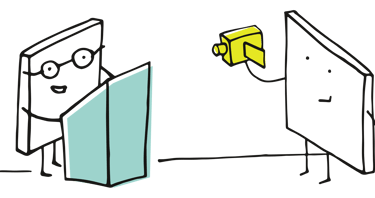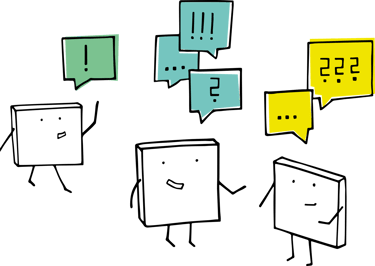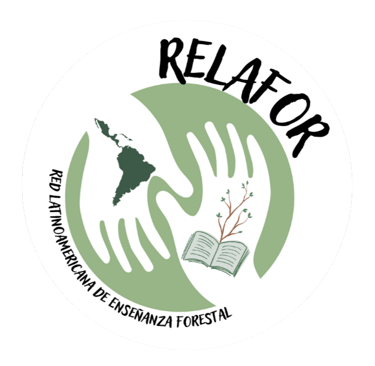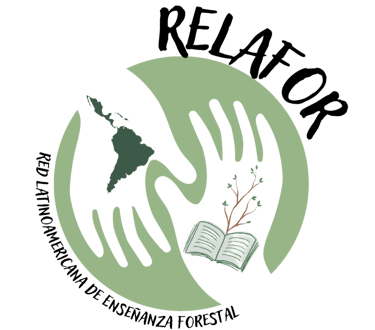Fields of work
RELAFOR has a working structure designed to comprehensively address the challenges and opportunities of forestry education in Latin America. Each area fulfills a strategic function that contributes to the strengthening of our network and the development of concrete actions in the territory:
Communication Area
This area manages internal and external information channels, develops dissemination materials, coordinates campaigns and promotes the visibility of our activities, achievements and collaborations. It is also responsible for building a coherent institutional narrative that reflects our identity and values, generating accessible and quality content for diverse audiences, from students to decision makers.
Institutional Relations Area
Its objective is to consolidate and expand our network of strategic allies at the national and international levels. This area facilitates dialogue with universities, government agencies, NGOs, multilateral organizations and the private sector, promoting cooperation agreements, participation in multilateral spaces and synergies that strengthen the capacities of the forestry sector.
Technical Area
Composed of professionals and academics from the forestry sector, this area leads the design and implementation of training projects, collaborative research, diagnostics and proposals for curriculum improvement. It also works in the generation of innovative tools and methodologies that contribute to a more relevant and updated training, oriented to the socio-environmental challenges of the 21st century.
Financing Management Area
Responsible for identifying and managing national and international funding opportunities, both public and private. This area works in the formulation of projects, submission to calls for proposals, technical-financial follow-up and accountability. Its work is essential to ensure the viability and sustainability of our actions in the medium and long term.
Event Management Area
It plans, organizes and executes face-to-face and virtual meetings, such as congresses, conferences, working groups and workshops. These events play a key role in strengthening the exchange of knowledge, inter-institutional dialogue and the active participation of students, teachers and researchers. In addition, this area seeks to generate inclusive and representative spaces for the diversity of the sector.





